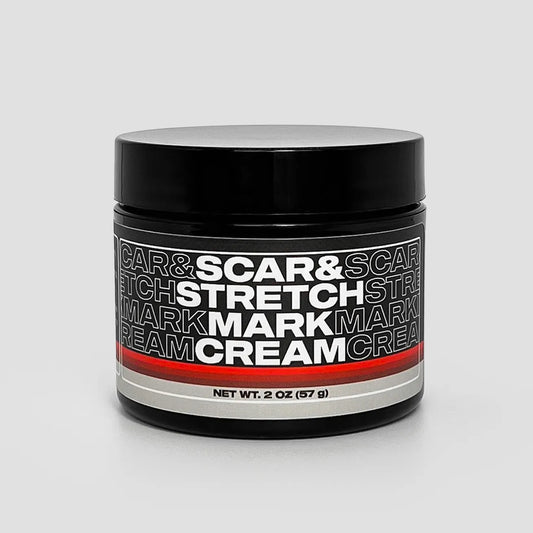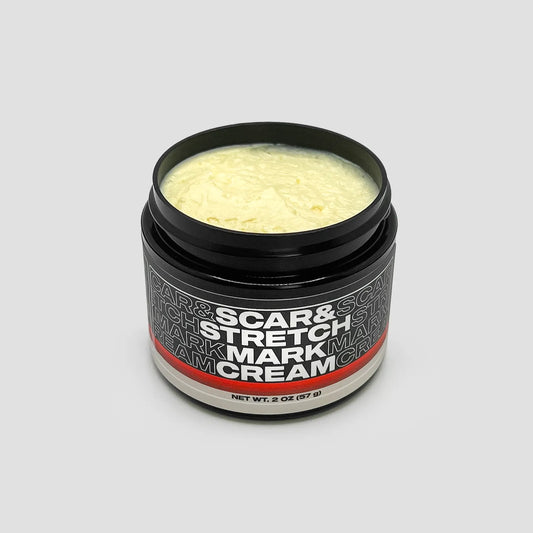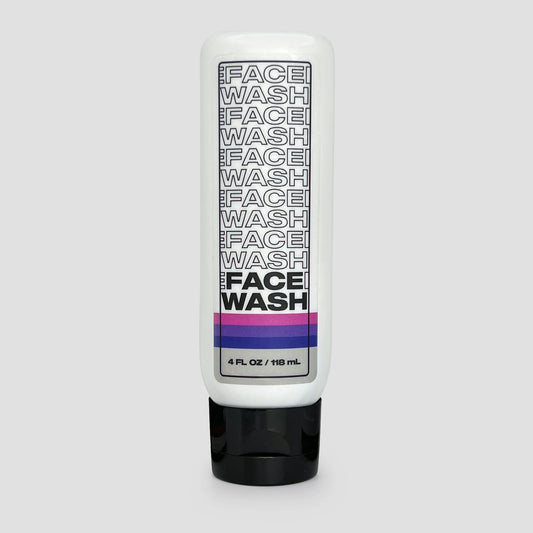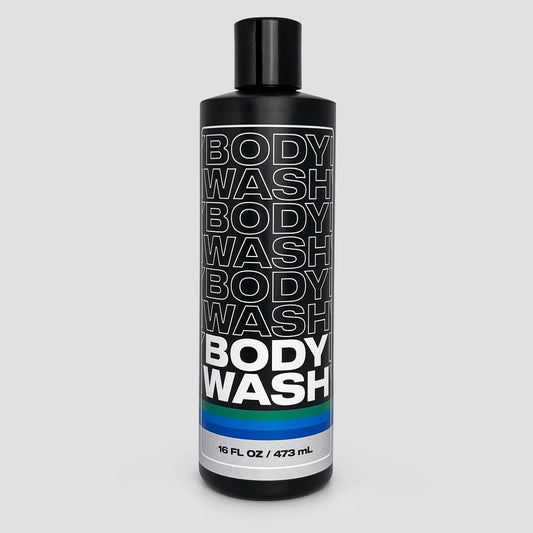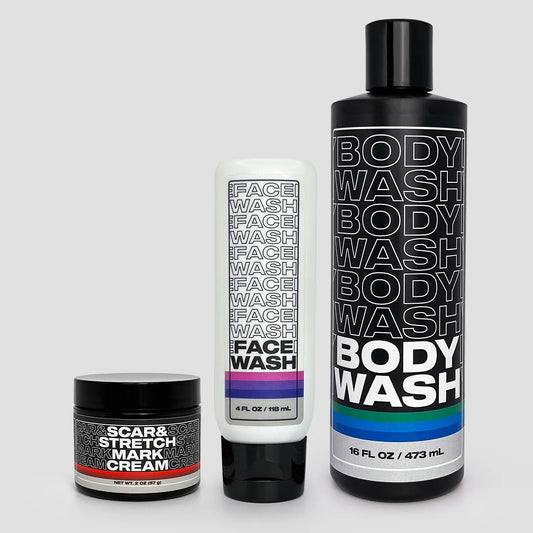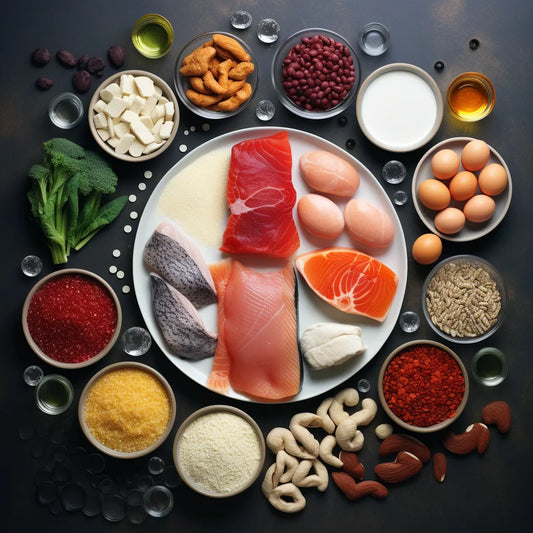

Protein shakes pre and post-workout? Check. But, are you sure you're getting the right protein for your fitness goals? Let's talk about plant protein vs milk protein.
As an athletic male, your body’s need for protein is undeniable. But there’s a raging question in the fitness world on the source of this vital nutrient - plant or milk protein?
In this guide, we’ll dive in and analyze both types of protein, offering you insights on what suits your athletic lifestyle best.
By the end of this post, you will have a clear understanding of plant and milk proteins, which will empower you to make the best nutritional decision for your fitness regimen.
What are the differences between plant protein and milk protein?
Firstly, plant and milk proteins differ in their origins. Plant proteins are sourced from a variety of grains, nuts, and legumes. Milk proteins, on the other hand, are derived from animal products. They also vary in their amino acid profiles. Milk proteins, such as whey and casein, are complete proteins, meaning they provide all nine essential amino acids the body needs. Plant proteins are typically incomplete, lacking one or more essential amino acids, though combining plant protein sources can create a complete protein profile similar to animal proteins.
Is one type of protein better for building muscle?
Both types of protein can contribute to muscle protein synthesis (building muscle), but they do so in different ways. Milk proteins, specifically whey protein, are rapidly digested and absorbed, leading to a quick spike in amino acids available for muscle protein synthesis. Plant proteins are digested slower, providing a gradual release of amino acids for muscle repair and growth. It's essential to consider these digestion rates in relation to your workout schedule and overall dietary needs.
How To: Choose between Plant and Milk Protein
Making the right choice of protein is critical to your holistic health and exercise goals. Here's a step-by-step guide on how you can choose between plant and milk protein.
1. Evaluate Your Allergen Concerns
If you're intolerant or allergic to dairy, milk proteins are not your best bet. Instead, opt for plant proteins that are naturally hypoallergenic, like peas, hemp, or rice.
2. Consider Your Dietary Preferences
Your choice of protein source may depend on your dietary preferences or requirements. If you follow a vegan or vegetarian lifestyle, plant proteins will align better with your diet.
3. Analyze Your Fitness Goals
If quick post-workout recovery is your aim, milk proteins like whey might edge out plant proteins. However, for sustained, long-term energy release, you might want to consider plant proteins.
How can I make plant protein as effective as milk protein?
You can enhance the effectiveness of plant protein by combining multiple sources of plant proteins. For instance, pairing legumes with grains can help you get all the essential amino acids that you would normally get from milk protein. Moreover, consuming enough calories and maintaining a balanced diet can further ensure that you're not protein deficient.
Does the choice of protein type affect skin health?
Protein, regardless of its source, plays a vital role in skin health. It aids in cell regeneration and repair, promotes skin elasticity, and helps combat aging. However, if you are lactose intolerant, consuming milk protein could potentially lead to skin issues like acne. Plant proteins are typically safer for such individuals.
Ace Your Protein Game: Welcome the Power of Choice
In the plant protein vs. milk protein debate, both types of protein have their pros and cons. The winner ultimately depends on your individual needs - your body, your fitness goals, and your diet.
Your Protein, Your Choice
- Evaluate your allergen concerns
- Take into account your dietary preferences or restrictions
- Analyze your fitness goals and choose the protein type that supports them
With the knowledge you now hold, go make the power choice! Remember, your skin health, athleticism, and overall well-being are in your hands. And always, eat responsibly.
